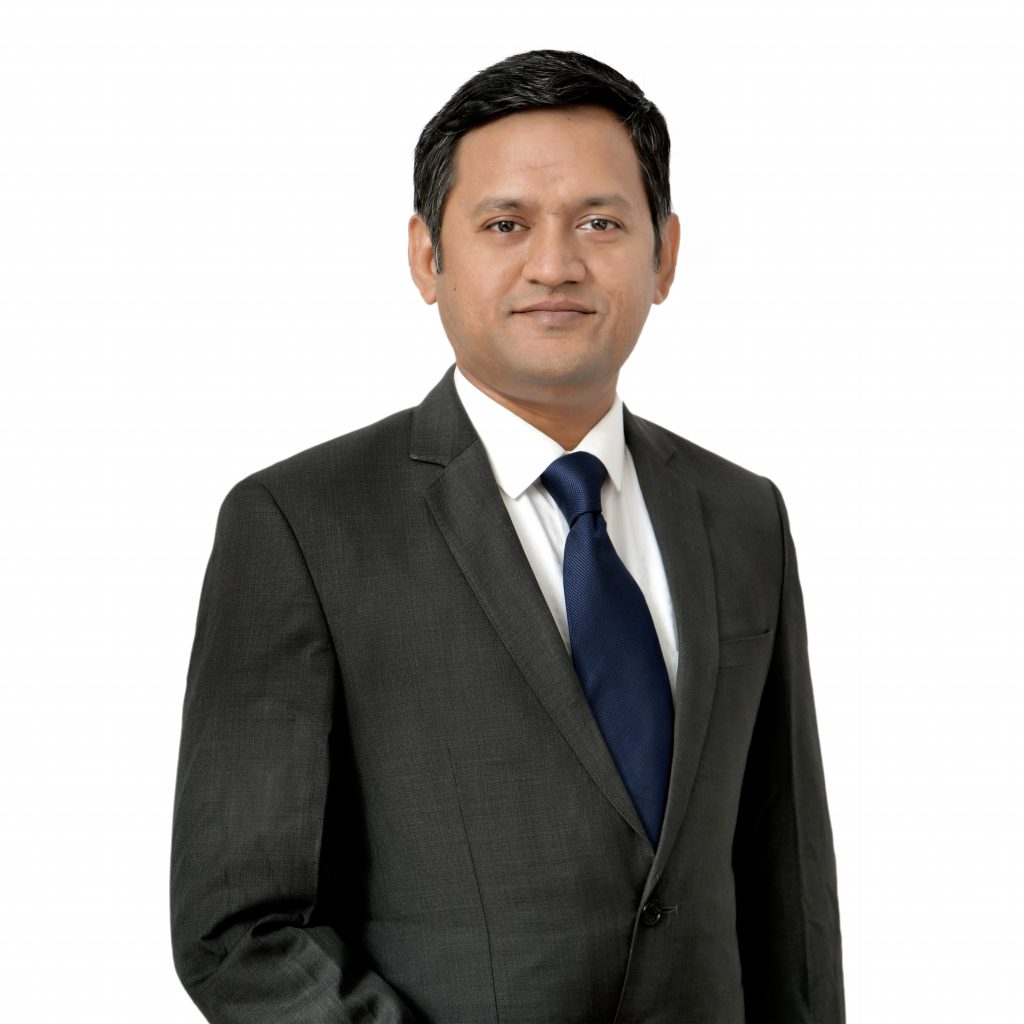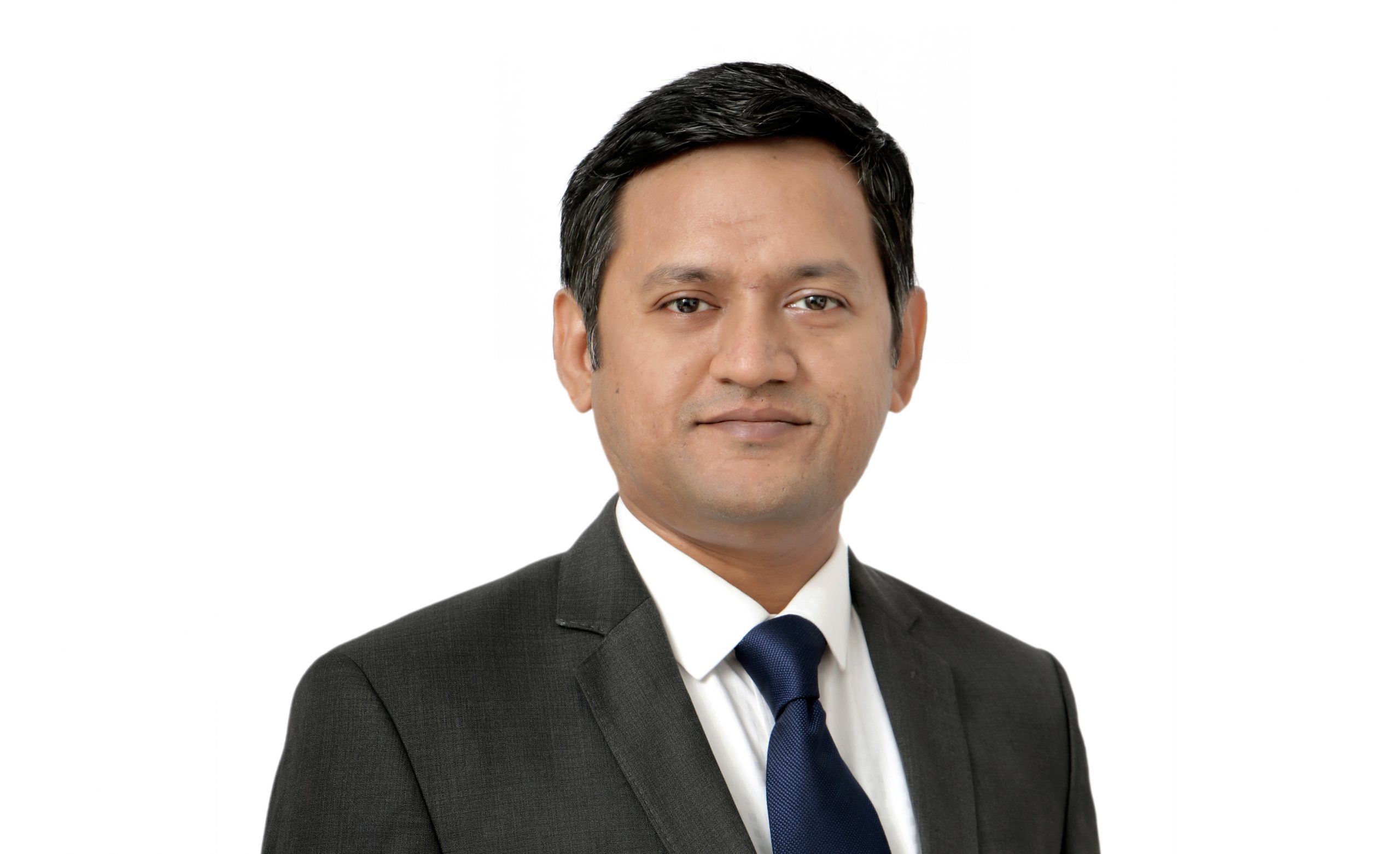This interview has been published by Anshi Mudgal and The SuperLawyer Team

Your educational background spans a range of fields, from M. Com and LLB to Company Secretary (Executive) and an LLM in International Trade Laws and WTO. What motivated you to pursue a career in law, and why did you choose to specialise in International Trade and WTO during your LLM?
My decision to pursue a career in law stemmed from the profound realization that lawyers hold one of the most influential roles in shaping not only society but also the economy, industry, and politics on a global scale. The weight of responsibility carried by legal professionals, whose work directly impacts individuals, communities, and the broader environment, deeply resonated with me. This sentiment was strongly reinforced during my childhood when a neighbour, wrongfully accused, was forced to endure repeated visits to the police station. Witnessing this firsthand highlighted the immense difference that legal support can make during distressing and complex situations. This experience solidified my belief that the power of legal knowledge, combined with the ethical responsibility it entails, is what inspired my journey into law.
In essence, the law’s ability to safeguard rights and bring justice fuelled my passion, and I remain steadfast in my commitment to upholding these principles.
As for my choice to specialize in International Trade Laws and WTO during my LLM, it was driven by my keen interest in the global market, international politics, and economic policies. I have always been fascinated by the intricate workings of international commerce and governance. I wanted to equip myself with a solid understanding of the fundamental norms, agencies, and regulatory standards that shape global trade, ensuring that I am well-prepared to support businesses operating in an interconnected world.
Could you walk us through your career progression, starting from your early days as a Junior Associate to your current role as a Partner at Singhania & Co LLP? What were some of the most valuable lessons you learned in the early stages of your practice that have influenced your professional journey?
My professional journey has been an enriching experience, shaped by diverse roles and exposure across multiple jurisdictions. I have had the privilege of working with three listed companies and two top-tier law firms, gaining legal expertise in India, the UAE, and Africa. My career began in litigation, which laid the groundwork for a comprehensive understanding of dispute resolution. Over time, I transitioned into the corporate and regulatory domains, acquiring hands-on experience in areas like real estate, corporate laws, intellectual property rights, projects, project finance, technology, M&A, EPC contracts, and FEMA compliance.
In my early roles, I served as the legal head for zones spanning West Bengal, Rajasthan, North and East India, and Delhi NCR for leading housing finance companies. This phase gave me practical insights into regulatory compliance, litigation, and real estate transactions. My tenure at Amarchand Mangaldas & Suresh A. Shroff, and later with Shardul Amarchand Mangaldas and Cyril Amarchand Mangaldas, further refined my expertise in corporate transactions and advisory work. Before joining Singhania & Co LLP, I gained international exposure working with a Dubai-based conglomerate with operations in Miami, the Middle East, Europe, and eight African countries.
This diverse journey, spanning five cities and engaging with varied sectors, has been a transformative experience. It has equipped me with a strong legal foundation, strategic thinking, and the ability to navigate complex legal landscapes effectively—skills that I bring to every professional engagement.
You have extensive experience in structuring, strategizing, and negotiating transaction documents across multiple sectors. Can you discuss a particularly challenging deal and how you overcame the challenges?
One of the most challenging deals I worked on involved a multi-jurisdictional M&A transaction for exploration of iron ore deposits that required navigating conflicting regulatory frameworks across India, Africa, and Dubai, and involved government representative, multinational mining giant. The primary challenge was aligning the interests of stakeholders while ensuring compliance with diverse legal systems. By fostering open communication among parties, engaging local legal experts, and adopting a phased negotiation strategy, we successfully closed the deal. This experience underscored the importance of adaptability, cultural sensitivity, and a solution-oriented approach.
You’ve worked on transactions across various jurisdictions, including Africa, Dubai, and India. What are the unique legal and cultural challenges you face when dealing with cross-border deals?
Navigating cross-border transactions requires a combination of legal expertise and cultural sensitivity. For example, while structuring agreements in African jurisdictions, addressing legal ambiguities is often critical, as is fostering trust through strong personal relationships, especially given the significant involvement of government liaisons and multinational stakeholders, including European influences. Similarly, in Dubai, aligning with DIFC and free zone regulations, adhering to Sharia law, and respecting local business customs are essential. Success in these transactions is not just about technical proficiency but also about understanding and adapting to diverse cultural and regulatory landscapes.
Ultimately, the ability to engage with local norms, working practices, and mindsets strengthens relationships and significantly enhances the chances of successful negotiations and seamless transactions.
How do you manage the complexities of advising clients on international legal frameworks, especially when dealing with issues like FDI, foreign exchange regulations (FEMA), and local laws in emerging markets?
Advising clients on international legal frameworks, such as FDI policies, FEMA regulations, and local laws, requires not only a deep understanding of evolving regulations but also a strong network of global legal experts. This task is often more challenging than it appears, as the legal environment has become increasingly dynamic and complex over time. My approach is to first understand the client’s specific needs and then ensure alignment with the applicable laws. When necessary, I also guide clients to take corrective steps to achieve compliance. Industry norms play a crucial role, as they often drive changes in regulations over time, which must be carefully considered while structuring advice.
Breaking down intricate legal requirements into actionable steps and delivering clear, pragmatic solutions is at the heart of my practice. By combining legal knowledge with strategic foresight, I ensure my clients remain compliant while safeguarding their interests, especially in the context of emerging markets. Ultimately, success in this field comes from balancing legal expertise with a nuanced understanding of industry trends and regulatory shifts.
Having led teams in multiple roles, from Manager (Legal) at DHFL to Partner at Singhania & Co, what is your approach to managing legal teams? How do you ensure high levels of productivity and collaboration within your team?
Leading legal teams have underscored the importance of clear communication, strategic delegation, and fostering a collaborative, trust-driven environment. I prioritize understanding each team member’s strengths, aspirations, and areas of interest, which helps me align individual goals with collective objectives. Encouraging ownership of work, while providing guidance and support, empowers the team to approach tasks with passion and responsibility. Regular knowledge-sharing sessions and open discussions keep the team updated, motivated, and aligned with evolving legal trends.
By cultivating a culture of trust, mutual respect, and continuous learning, I have consistently seen high levels of productivity, innovative problem-solving, and seamless collaboration, ensuring exceptional outcomes for clients and individual growth for team members.
You’ve advised clients on issues like data mining and trademark infringements on websites. In your view, what are the biggest emerging legal challenges in the technology space, and how do you see them evolving in the next 5-10 years?
The technology landscape is advancing at an unprecedented pace, bringing forth multifaceted challenges such as data privacy, cybersecurity, and the regulation of AI and blockchain technologies. Emerging concerns, including cross-border data transfers, digital copyright infringement, and the intricacies of smart contracts, highlight the growing complexity in legal documentation and compliance. Over the next 5-10 years, these issues will necessitate the formulation of robust policies, standard operating procedures (SOPs), and multi-jurisdictional frameworks to address the regulatory gaps many are still grappling with today.
Irrespective of the nature of a business—be it a sole proprietorship or a publicly listed company—or whether one is an individual or an entity, technology is profoundly impacting and will continue to reshape every sphere of life and profession. This digital transformation spares no domain, making it imperative for everyone to adapt to the rapid pace of change. As lawyers and policy influencers, we bear a greater responsibility to engage with technology, society, and industry in a way that ensures the outcomes of this technological advent are beneficial to all, rather than resulting in exploitation. It is our duty to ensure that the legal frameworks and policies we shape foster innovation while safeguarding against undue risks and inequities, creating a more equitable and sustainable future for all.
The legal profession itself is undergoing a transformative shift, especially post-COVID, where technological fluency has become indispensable. The era of delegating technological tasks solely to juniors is long past—modern lawyers must actively skill up to adapt to this digital transgression. As legal practitioners, agility, foresight, and a proactive approach will be essential to effectively navigate this evolving landscape and remain relevant in the globalized legal domain.
What advice would you offer to the younger generation aspiring to succeed in the field of Corporate Law, given your extensive experience?
For freshers starting their careers in law, my advice is simple: first, build a strong foundation by mastering the basics of law, whether in corporate or litigation. A solid understanding of legal principles will set the stage for your career. Stay curious and proactive about learning, especially in emerging fields like technology, cross-border transactions, and regulatory developments. Equally important is building relationships—networking with clients and colleagues will play a big role in your growth, as trust and communication are key to success.
For mid-level lawyers, it’s time to focus on deepening your expertise in a specific area and honing your skills. Whether it’s corporate law, litigation, or a niche practice, developing specialization will help you stand out and become a trusted advisor. Be proactive in managing client relationships, taking ownership of complex cases, and looking for new business opportunities. In addition, focus on improving your efficiency—balancing technical knowledge with client-focused, practical solutions will be crucial as you progress in your career. Ultimately, whether you’re a fresher or mid-level lawyer, success comes from a combination of knowledge, integrity, and a client-first approach.
Get in touch with Kunal Sharma-


























